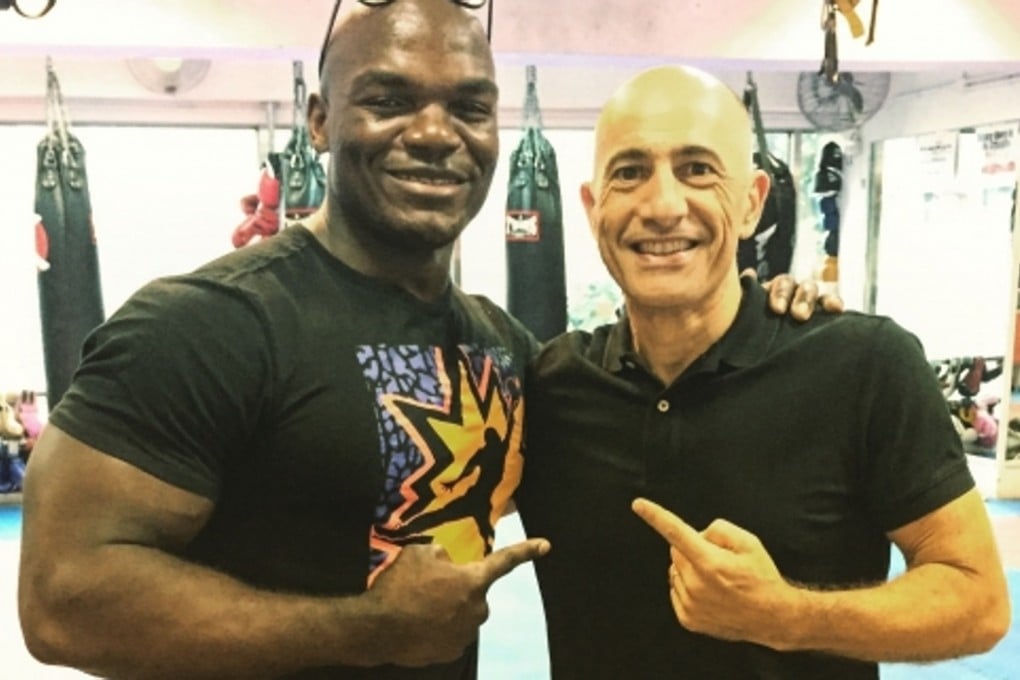The Facebook alternative: Hong Kong entrepreneur builds huge social media platform for martial arts fans, instructors and practitioners
In its first year Martial Tribes has attracted 100,000 members, who can check profiles, comment on posts, send messages, and seek services and information about the martial art of their choice. Its founder sees it as a chance for martial arts masters to share, and sell, their knowledge

A social networking website for martial arts enthusiasts set up by a Hong Kong-based entrepreneur has signed up 100,000 members worldwide in its first year. Now founder Franck Benhamou is aiming to make a it a million-strong community.
Martial Tribes is like a Facebook for martial arts enthusiasts, where dedicated instructors and practitioners can meet online to share their passion, says Benhamou.
“I’ve always been around the martial arts community and I have a lot of friends who are instructors and I always found the community interesting. All these people are very dedicated, but they’re not very good businesspeople and most tend to struggle financially,” Benhamou says.

After signing up, members can follow or befriend like-minded enthusiasts and communities, who they can find through searching by geographical area and discipline. Like other social networks, they can check profiles, comment on posts, send messages, and seek services and information about the martial art of their choice.
Among the sports most popular on the network, Benhamou says, is mixed martial arts (MMA) and its various component disciplines, such as Brazilian jiu-jitsu, tae kwon do and muay Thai.